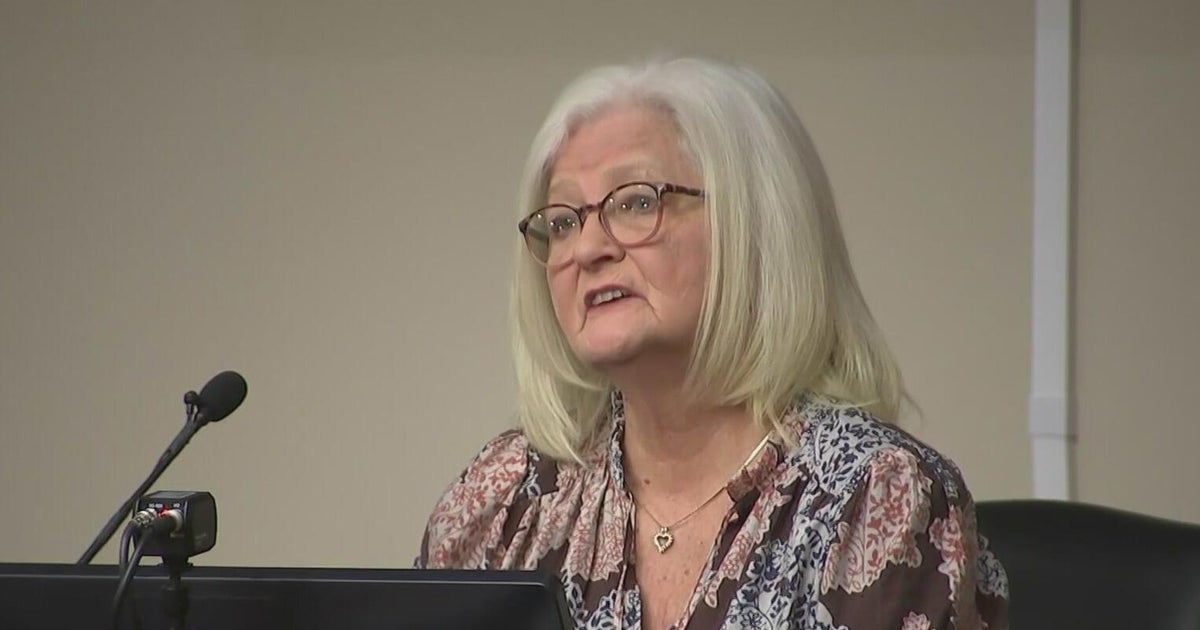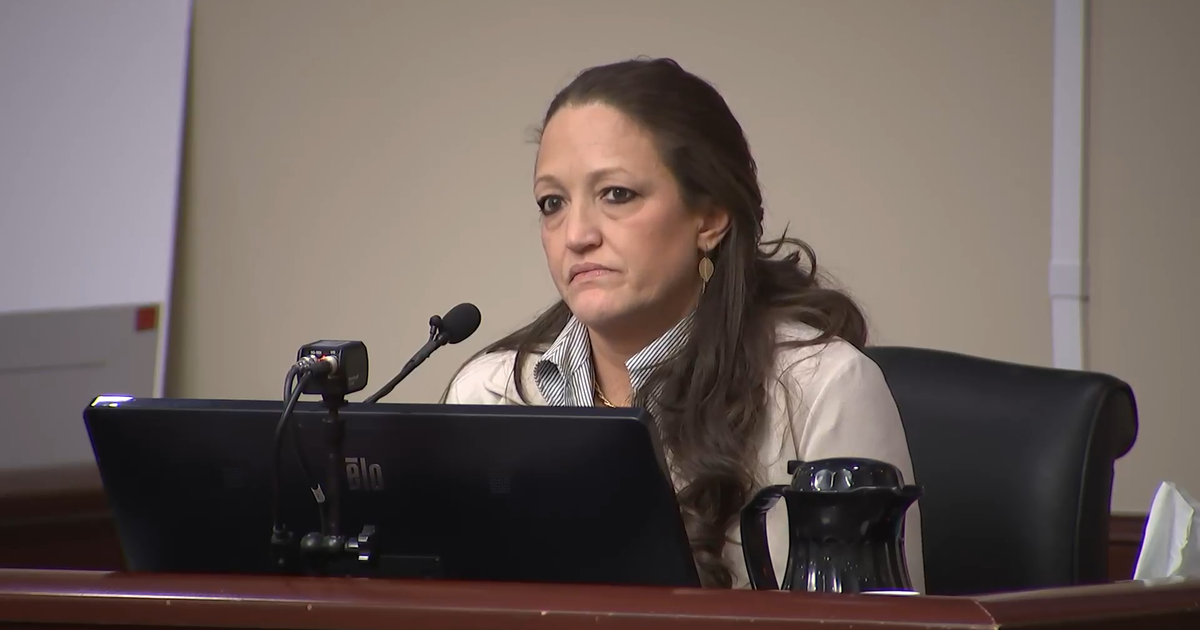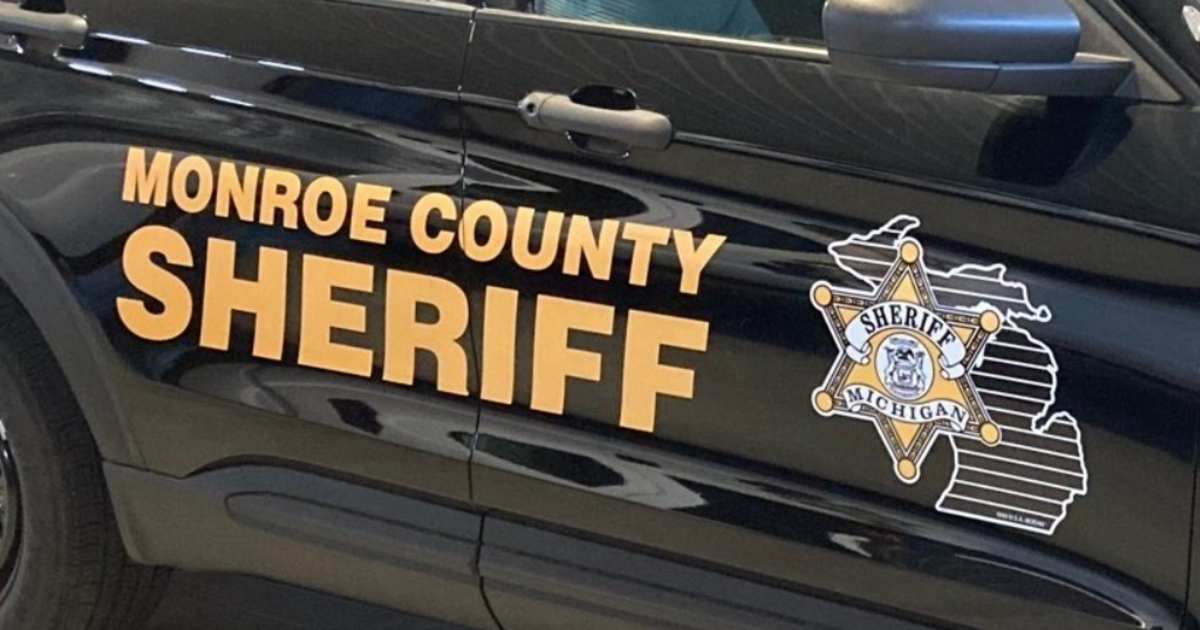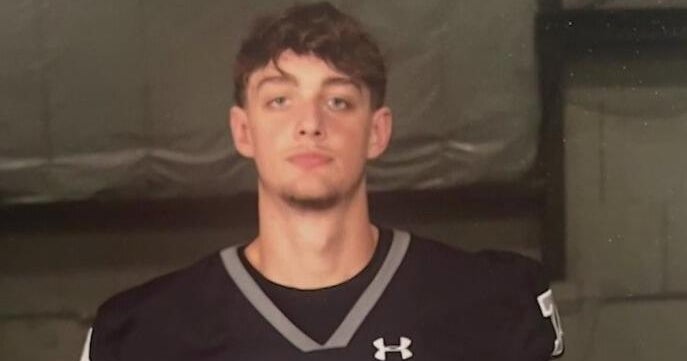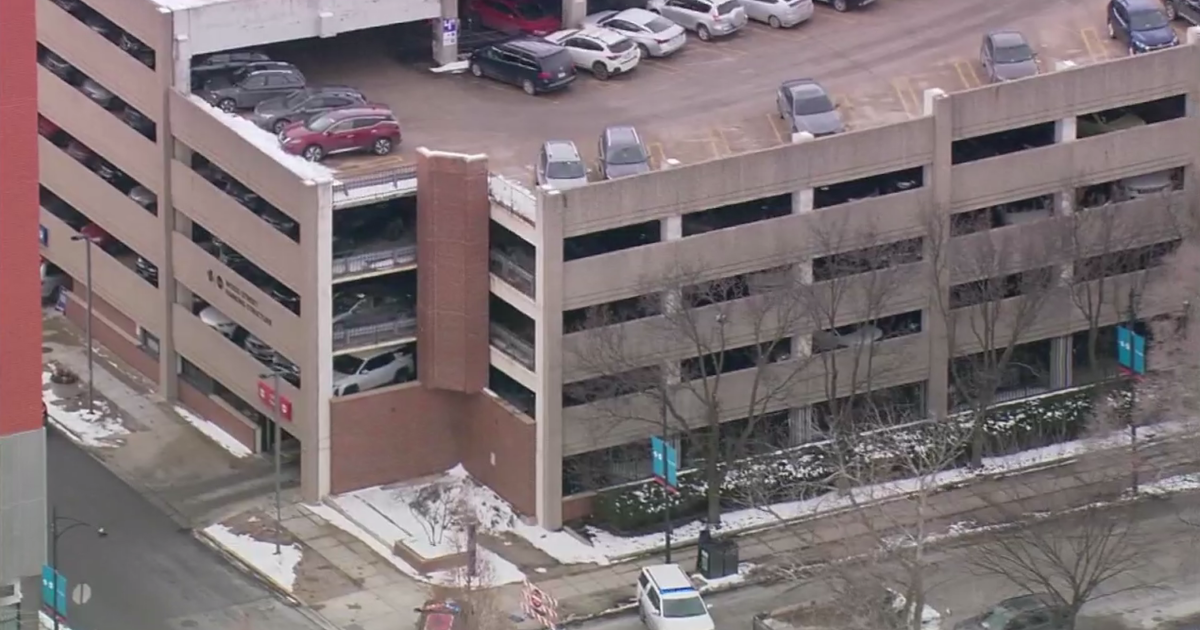Teachers recount Parkland shooting during dramatic Day 3 testimony
FORT LAUDERDALE - A Marjory Stoneman Douglas High School teacher gave heart-wrenching testimony Wednesday, recalling how a student in her Holocaust studies class correctly answered a question seconds before he became one of 17 people murdered by school shooter Nikolas Cruz.
Ivy Schamis was leading students through a discussion about the 1936 Olympics in Nazi Germany when Nick Dworet correctly answered that Adolf Dassler founded the Adidas shoe company, adding that Dassler's brother founded the rival Puma brand.
Click here for live, continuing coverage of the trial.
It was then they heard the first gunshots in the hallway, and Cruz began firing through the glass on her classroom door.
"It was really seconds later that the barrel of that AR-15 just ambushed our classroom. It came right through that glass panel and was just shooting everywhere. It was very loud. Very frightening. I kept thinking about these kids who should not be experiencing this at all," she testified, wiping her eyes with tissue.
She said the students scrambled to find safety behind furniture, but didn't panic and acted with bravery and maturity as they waited to be rescued. Three students were wounded in her class and two were killed: Dworet and Helena Ramsay, both 17.
When shown their portraits, she began to weep.
"That's my girl, Helena Ramsay," she said. "Nicholas Dworet, handsome boy."
Dworet's brother Alexander was grazed by a bullet in a classroom across the hall, where three students were killed and several more wounded. English teacher Dara Hass testified Tuesday about how Cruz fired through a window in her door.
The fatigue was apparent in the courtroom.
"It could be that they were overwhelmed, they've seen enough, but they could also be difficult to process what they are seeing," said Maria Schneider.
The former Broward State Attorney's Office prosecutor said it's not unusual for the jury to be overwhelmed by this point.
Cruz, 23, pleaded guilty in October to 17 counts of first-degree murder for the Feb. 14, 2018, massacre. The jury must decide if the former Marjory Stoneman Douglas student should be sentenced to death or life without parole for the nation's deadliest mass shooting to go before a jury. The trial is expected to last through at least October.
Nine other gunmen who killed at least 17 people died during or immediately after their shootings, either by suicide or police gunfire. The suspect in the 2019 slaying of 23 people at a Walmart in El Paso, Texas, is awaiting trial.
The testimony came one day after jurors saw surveillance video of the shooting, with many victims being gunned down at point-blank range. Cruz also killed some of the wounded by firing into them a second time as they lay on the floor.
The videos they saw Wednesday were just as heartbreaking.
CBS4's Gabrielle Arzola was a part of the small pool that saw the videos. It showed Cruz walk into each classroom, quickly shooting inside.
In surveillance footage not available to the public, you can see Cruz walking back to the people he shot, shooting them again.
It's difficult to watch, and the jury must watch these clips on repeat — each highlighting a different victim in the video.
"You can't leave anything to chance. You have to present everything there is. This is the one time that they can do that," explained Schneider.
When jurors eventually get the case, they will vote 17 times, once for each of the victims, on whether to recommend capital punishment.
Every vote must be unanimous for Cruz to receive death. A non-unanimous vote for any one of the victims would mean life in prison for the killing of that person.
The jurors are told that to vote for the death penalty, the aggravating circumstances presented by the prosecution for the victim in question must, in their judgment, outweigh mitigating factors presented by the defense.
Regardless of the evidence, any juror can vote for life in prison out of mercy. During jury selection, the panelists said under oath that they are capable of voting for either sentence.
